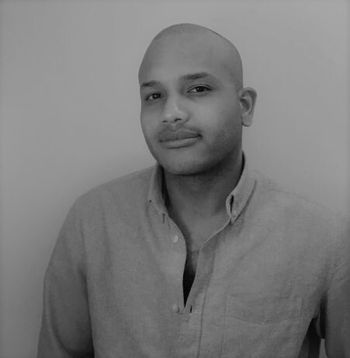'Sex Week' at Tulane University features 'Black Sex' talk for 'Black students only'
Tulane University hosted a "Sex Week" event featuring a talk on "Black sex."
The "Black sex" event was marketed as being for "Black students only."
Stories about “Sex Week” on college campuses have become a staple of Campus Reform’s coverage of liberal bias in higher education. In February, Campus Reform covered Ohio State University’s Valentine’s Day-themed version of the event, where students attended “OnlyFans: Behind the Scenes,” an informational session on how to become a student sex worker.
Less than one month later, Tulane University in New Orleans hosted its own Sex Week, which launched with the event “Condoms and Condiments.” It also featured a Genital Diversity Gallery, showcasing molds representing the “vast spectrum of genitalia,” including those of “intersex [and] trans” people with “voluntary or forced surgeries.”
Tulane’s Sex Week also featured an event titled Let’s Talk About Black Sex, Baby!, billed as an “interactive panel of students and staff discussing the unique experiences Black femme-identifying and non-binary people face on campus.” The twenty people selected to attend the event received a free dinner and complimentary sex toy.
[RELATED: University sex week features free vibrator giveaway, ‘Sex Jeopardy,’ ‘Condom Bingo’]
And, Tulane said, it was for “Black students only.”
“Black sexuality” is a recurring theme in higher education. In March 2019, Harvard University’s Office of BGLTQ Life hosted Black Sexuality in the Archive: A Public Conversation. In fall 2020, the Sexuality, Women’s, and Gender Studies Department at Amherst College offered the course Black Sexualities, where students learned how “Black people have claimed social and sexual agency” by engaging “art, film, ‘new media,’ and erotica.” And in 2010, University of Texas-Austin professor Lisa B. Thompson published Beyond the Black Lady Sexuality and the New African American Middle Class, an exploration of the “difficulties Black women confront in asserting sexual agency in the public sphere.”
A spokesperson for Tulane University did not comment in time for this publication.
Follow the author of this article: Dion J. Pierre

